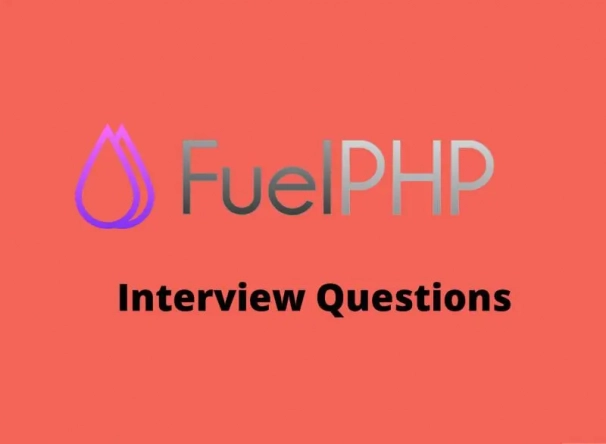Presenter: A Presenter is a class that contains the logic that is needed to generate your view (or views). When the controller is done with your user input and is done with whatever actions it needed to take, it turns execution over to the Presenter to retrieve and process whatever data is needed for the view. A Presenter shouldn’t do any data manipulation but can contain database calls and any other retrieval or preparation operations needed to generate the View’s data.
Note: Presenters are optional. If you don’t need them, you can use Views directly, and keep the pre-processing logic in your controller.
Read More https://fuelphp.com/docs/general/presenters.html

